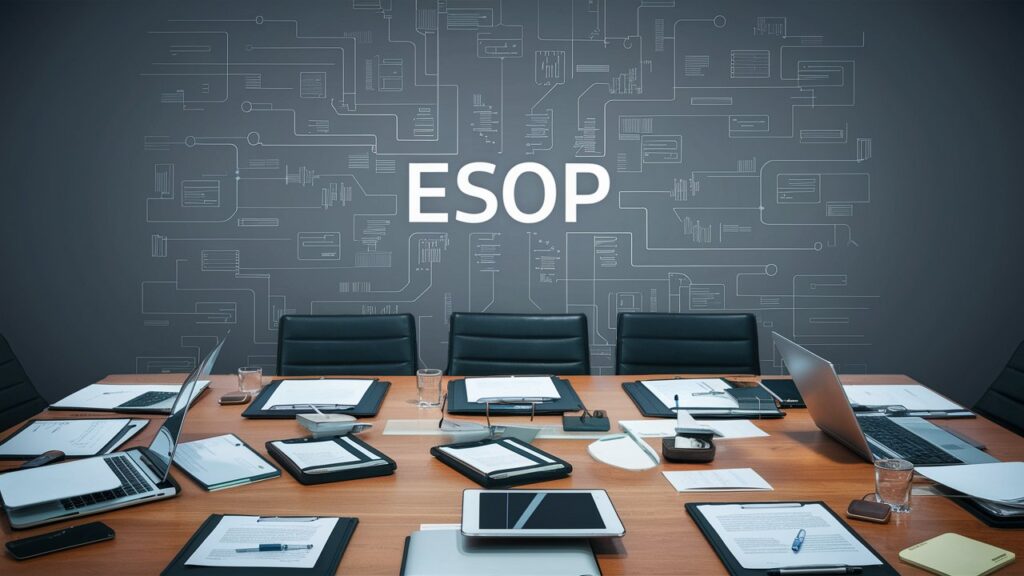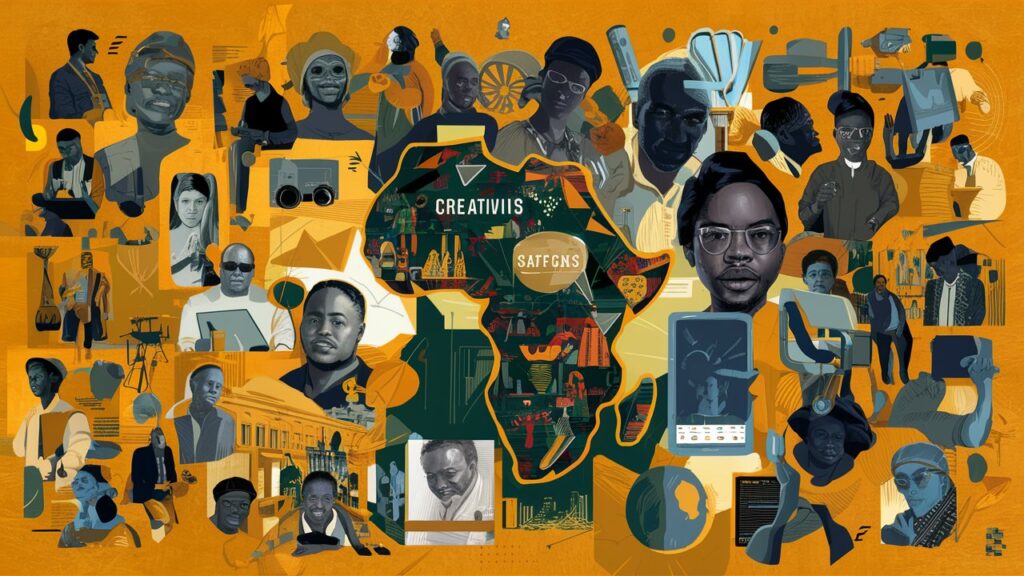Family Trusts as an Alternative to Traditional Succession In our previous article, we discussed how to register a family trust. […]
Blog
This is where you can find the latest news and insights about Viva — new products, in-depth interviews and successfully finished projects. Never miss a beat.
Ensuring the Future: The Critical Role of Succession Planning for Digital Assets
Ensuring the Future: The Critical Role of Succession Planning for Digital Assets; Introduction In today’s world, technology plays a pivotal […]
Comprehensive Guide to Understanding Divorce Procedures and Legal Grounds
Comprehensive Guide to Understanding Divorce Procedures and Legal Grounds; Divorce has become a common term in today’s society, no longer […]
(SHIF Act) Revolutionizing Healthcare: A Guide to Kenya’s Social Health Insurance Act, 2023
(SHIF Act) Revolutionizing Healthcare: A Guide to Kenya’s Social Health Insurance Act, 2023 The Constitution of Kenya, 2010, grants every […]
Exploring The Dynamics Of Intellectual Property: Transferability, Inheritance, And Shared Ownership
Introduction The intellectual property serves as a cornerstone for innovation and creativity, encompassing various forms such as patents, trademarks, copyrights, […]
Understanding the Mechanics of an ESOP Policy; A Comprehensive Guide
Employee Stock Ownership Plans (ESOPs) have become integral components of many companies’ compensation and benefits packages. Central to the effective […]
Unlocking Creativity: How Utility Models Empower SMEs to Safeguard and Prosper
Inventors and business persons in industries where innovation is rapid such as technology, the automotive industry, telecommunications and manufacturing often […]
Copyright Registration Process in Kenya: A Comprehensive Guide
A copyright is a type of intellectual property that gives the creator of a creative work an exclusive and legal […]
Navigating Child And Spousal Support: Legal Insights For Divorce Proceedings.
After 3 or more years of marriage, an aggrieved party to a marriage may petition the court for divorce. This […]
Navigating Data Privacy: Unveiling the Importance of Privacy Notices for Organizations in Personal Data Management
(Data Privacy). The Data Protection Act 2019 gives data subjects more control over how their data is used by organizations. […]
Categories
Recent posts
- What Kenya Can Learn from the Virgin Atlantic vs British Airways Case: A Legal Perspective on Aviation Competition
- A Global Labour Shift: How Amazon’s Union Fights Could Reshape Worker Rights in Kenya
- Legal Lessons Kenyan Businesses Can Learn from the Pepsi vs Coca-Cola Brand Wars; How Global Corporate Battles Shape Strategy, Ethics, and Compliance for Kenyan Companies









